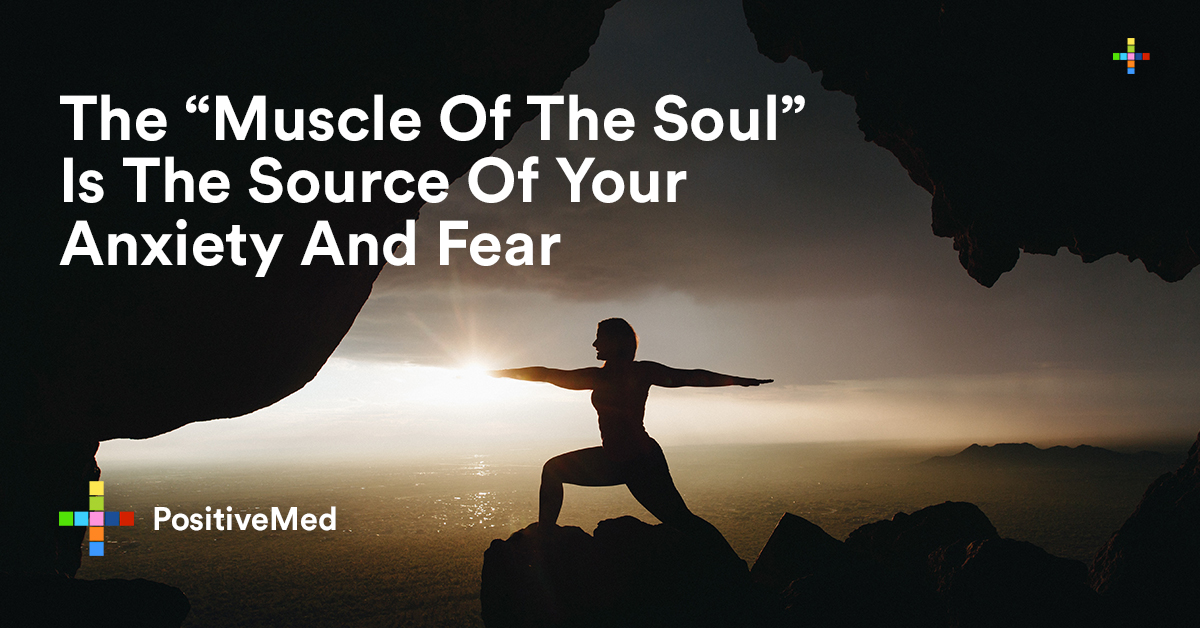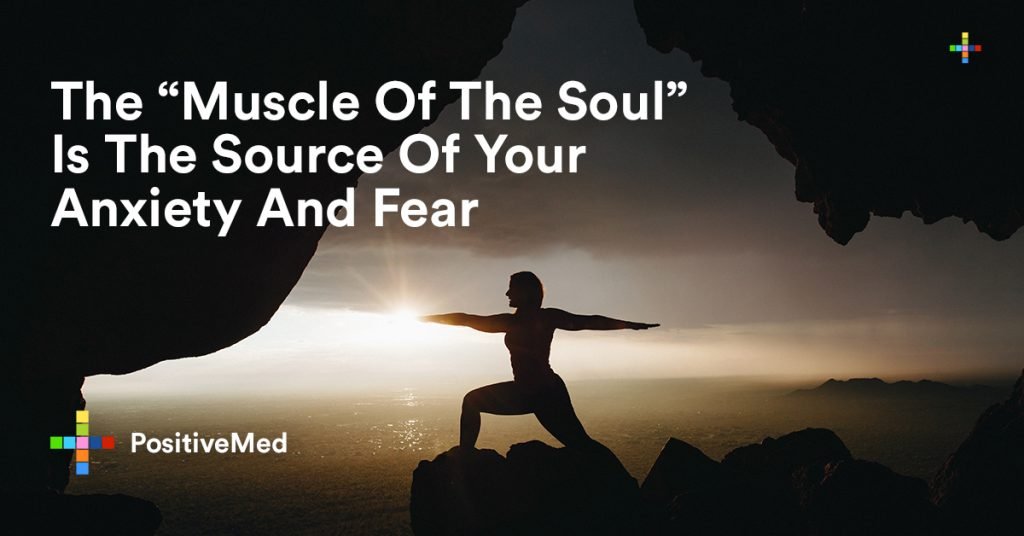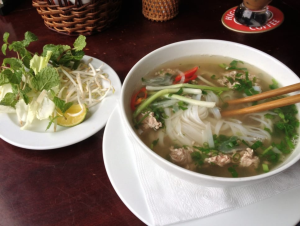Many of us are aware that tension in the body is connected to higher levels of stress, but did you know there is a single muscle that may be the source of chronic fear and anxiety?
The psoas is a major muscle that is responsible for maintaining the balance of the body. Whether you believe the lofty claims that are made about the psoas as the “Muscle of the Soul”, there is no doubt that the proper functioning of this muscle makes a major impact on our lives.

Many claims are made about the psoas, from its mystical nature to its relationship to our central nervous system. There are benefits to stretching the muscle, which may become compounded or hyperextended.
In our daily lives, we are often guilty of sitting for excessive hours. When this muscle becomes compacted, we lose some degree of mobility. It runs from the lower back into the inner thigh. Other regions of our body suffer from its malfunction. Psoas is said to be linked to sciatica, disc issues, emotional trauma, digestive issues, depression, and leg problems.
How Does It Work?
The psoas connects to the diaphragm, which may explain its contribution to the fear response. When our breathing is restricted, our body responds with panic.
You may be curious about why the psoas is called “The Muscle of the Soul,” and how it got that nickname. The psoas is related to our breath and overall sense of well being, which is directly connected to the soul.
It is attached to the spinal column, and some go as far to say that the psoas is linked with our central nervous system. It may send messages straight to the spine and inner brain. This is another factor that connects it to the fight-or-flight response, the source of anxiety and fear.
The psoas is associated with gut instincts and intuition. It is located directed under the root and sacral chakra, which have strong associations with emotional and survival responses. The psoas is underneath the hara, which is our center of gravity. This is where the soul is said to meet the body, or where heaven meets earth.
What To Do About It
Other sources argue that the psoas is simply given too much credit. Pinning so much physical and emotional suffering onto one muscle may be a mistake. There is often a heavy emphasis placed on stretching the psoas, which may or may not be effective. The key may be in strengthening the psoas.
When aligned properly with neighboring muscle systems, it can work to create balance. The proper idea may be that every muscle in your body works together in harmony, and they can all be looked at as an extension of your soul.
Just as the psoas needs balance to function correctly in your body, you should find balance in how you approach caring for yourself. This is a major connection it has with our soul. Find balance in key areas so that you can express yourself freely, and explore life with less emotional or physical pain.
The psoas is a major muscle that maintains your vital functions. It is connected to your breath, your movement, and your spinal column. You could see it as an important ally in finding your ability to move through life with balance in any situation. You must decide how to address this muscle’s role in your fear and anxiety, so be sure to take a balanced approach to strengthen and stretch it. The psoas is not alone, all the other major muscle systems that it works closely with are there to support it.
Edited by: Jessa (Feb. 4, 2019)






